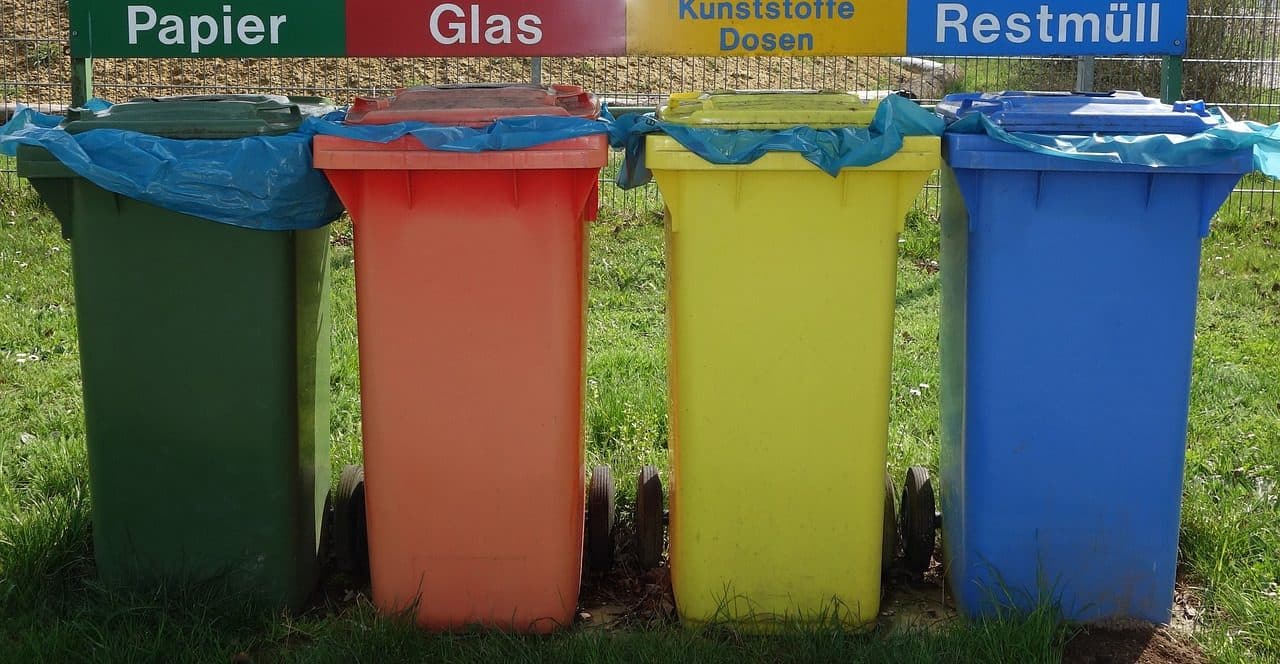
To reduce the impact of food waste, you can use composting.
Waste is the unnecessary or improper use of resources, whether material, energy, or temporal, which results in loss of value and efficiency. This concept is relevant and urgent in contemporary society for several reasons, starting with environmental sustainability : the overexploitation of natural resources and the generation of waste contribute to the deterioration of the environment. Reducing waste is essential to mitigate environmental impact and move towards more sustainable practices.
We should also note that waste implies the loss of valuable resources, which directly affects the economy . At both an individual and business level, efficiency in its use translates into significant savings and more effective cost management. In a world where scarcity affects many communities, reducing waste can contribute to a more equitable distribution of resources and improve people's quality of life.
Likewise, food waste is a critical global problem. At a time when millions of people suffer from hunger, reducing food waste is presented as an urgent need to ensure food security. The misuse of energy and dependence on non-renewable sources contribute to resource depletion and climate change . Energy efficiency is essential to achieve more sustainable systems.
Organic waste
Organic waste, composed mainly of biodegradable materials such as food scraps and plant matter, plays a crucial role in the natural cycle of life and death. Understanding its decomposition, environmental impact and possible uses is essential in the context of sustainability and efficient resource management.
Organic waste undergoes a natural decomposition process, facilitated by microorganisms such as bacteria and fungi. Organic compounds are broken down into basic nutrients, such as nitrogen, phosphorus and potassium, in a cycle that returns these elements to the soil. This process is essential to maintain soil fertility and allow the growth of new plants.
Although the decomposition of organic waste is beneficial in terms of nutrient recycling , its improper management can have negative environmental consequences. When organic waste is landfilled and not managed properly, it can generate greenhouse gases , such as methane, contributing to climate change. Additionally, seepage of organic leachate can contaminate groundwater, affecting water quality.
Sustainable organic waste management involves using it instead of simply throwing it away. Some potential uses include:
- Composting : Transforming organic waste into compost is an effective practice to enrich the soil with nutrients. Home or municipal composting reduces the amount of waste sent to landfills and contributes to the creation of healthy soils;
- Biogas production : Through anaerobic digestion of organic waste, biogas, a renewable energy source, can be produced. This gas, mainly methane, can be used to generate electricity and heat, offering a sustainable alternative to fossil fuels;
- organic fertilizers – processed organic waste can be converted into organic fertilizers, providing a natural source of nutrients for plants without relying on synthetic chemicals;
- Animal feed : In certain cases, safe and properly processed organic waste can be used as animal feed, thus closing the nutrient cycle in the food chain.

Microplastics are particles that negatively affect aquatic ecosystems and marine life.
Food waste
Food waste, the loss of edible food from production to final consumption, is a global problem that has profound implications in terms of food security, sustainability and resource efficiency. Understanding its causes, consequences and addressing strategies to reduce it is essential to move towards more sustainable and equitable food systems.
Causes of food waste:
- production and post-harvest : losses during harvest, transportation and storage due to inefficient practices or inadequate infrastructure;
- aesthetic standards : the preference for visually perfect foods in points of sale leads to the exclusion of products that do not meet certain appearance standards, even if they are edible;
- Expiration date : Not knowing or misunderstanding expiration dates leads to throwing away foods that are still safe and nutritious;
- Overconsumption – Impulse purchases, excessive portions at restaurants, and lack of planning all contribute to waste at the consumer level.
Consequences of food waste:
- environmental impact : the production of food that is wasted involves the unnecessary use of natural resources such as water, soil and energy, in addition to contributing to greenhouse gas emissions;
- Food insecurity – While part of the world wastes food, other communities face food shortages. Reducing waste could contribute to a more equitable distribution of resources;
- Economic costs : Food waste generates significant economic costs for producers, retailers and consumers, affecting the efficiency of the food chain.
How to reduce food waste:
- education and awareness : encourage understanding of expiration dates, promote purchasing planning and efficient use of food at home;
- technological innovation : implement technologies that improve food storage, transportation and distribution to reduce losses in the supply chain;
- policies and regulations : establish policies that discourage the disposal of edible foods and encourage the donation of surpluses to charities;
- integral use : use all the edible parts of food, promoting recipes that take advantage of the stems, leaves and other parts that are often discarded;
- donations and food banks : encourage the donation of surplus food to charities and food banks to help communities in need.

Sustainable waste management relies primarily on selective collection.
Selective collection
Selective waste collection is an essential component in sustainable waste management, contributing to the reduction of environmental pollution, the preservation of natural resources and the promotion of more sustainable consumption practices. This process involves the classification and separation of different types of waste for subsequent appropriate treatment.
The distinction between organic waste and inorganic waste is the first step. The identification and segregation of hazardous waste , which includes toxic materials and chemicals, is crucial to avoid negative impacts on human health and the environment . Likewise, non-biodegradable waste , such as single-use plastics, requires specialized management due to its resistance to natural decomposition.
Habitat degradation , caused by the accumulation of unmanaged waste, is mitigated by separating and treating waste appropriately, which also contributes to the reduction of the release of microplastics , tiny fragments of plastic that have detrimental impacts on ecosystems. aquatics and marine life. Furthermore, the compaction of waste facilitates its transportation and storage, optimizing space in landfills.
In this context we must mention the clean point , a facility designed to receive specific waste, facilitating selective collection. Effective garbage collection is achieved through the active participation of the community and the provision of adequate infrastructure to classify and manage waste.
The inclusion of recyclers in the selective collection process is essential to maximize the recovery of recyclable materials. Urban waste management is improved by promoting separation at the source and citizen collaboration. This responsibility also extends industrial waste , where the implementation of the recycling point favors sustainable waste management.
